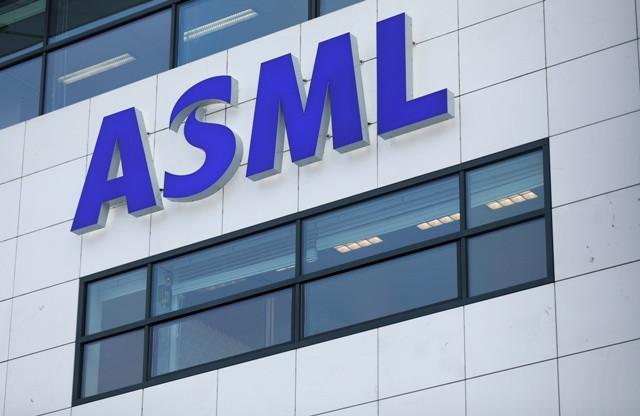In a move that marks a significant escalation in the ongoing semiconductor technology tussle, the Dutch government announced the revocation of export licenses for two cutting-edge lithography machines, NXT:2050i and NXT:2100i, from ASML, a leading player in the semiconductor equipment industry. This decision, made public on January 2, Beijing time, is poised to affect some Chinese customers and reflects the deepening geopolitical divide affecting global tech trade.
ASML, in response, acknowledged the potential impact on Chinese clients and indicated that the revocation might not substantially alter its financial outlook for 2023. However, the company previously communicated a bleak prognosis regarding future export licenses, admitting the unlikelihood of obtaining permissions to ship restricted products to mainland China starting January 1, 2024. This forecast was shared against a backdrop where, according to their third-quarter financial report, mainland China constituted a hefty 46% of ASML's sales revenue, surpassing the combined total from Taiwan and South Korea.
The Dutch decision is believed to be influenced by U.S. pressures. The U.S. government, in October of the previous year, implemented stringent rules on exports to China and reportedly urged the Dutch government to enforce these controls, particularly focusing on ASML's compliance before the December 31, 2023, deadline. This comes as part of broader efforts by the U.S. to curb China's access to advanced semiconductor technology, a move that has significant implications for global supply chains and technological development.
The Chinese Ministry of Foreign Affairs, through its spokesperson Wang Wenbin, expressed serious concerns about the situation. China vowed to closely monitor the developments and "resolutely protect its legitimate rights and interests," indicating potential diplomatic and trade repercussions.
The revocation also comes in the wake of new regulations introduced by the Dutch government on June 30, 2023, which came into effect on September 1. These regulations necessitate that ASML obtain an export license from the Dutch government for its most advanced lithography machine products, especially the NXT:2000i series and subsequent immersion lithography systems. Despite ASML securing licenses last year to continue customer contract fulfillments until the end of 2023, the future of these exports now hangs in a precarious balance.
This unfolding scenario reflects the larger geopolitical tensions between the U.S. and China, with advanced technology at the heart of the dispute. As nations become increasingly protective of their technological edges and more suspicious of potential security threats, companies like ASML find themselves at the crossroads of international diplomacy and market demands. The ripple effects of these decisions are likely to be far-reaching, affecting not just the involved companies and countries but also the global technological landscape and the future of semiconductor innovation.






